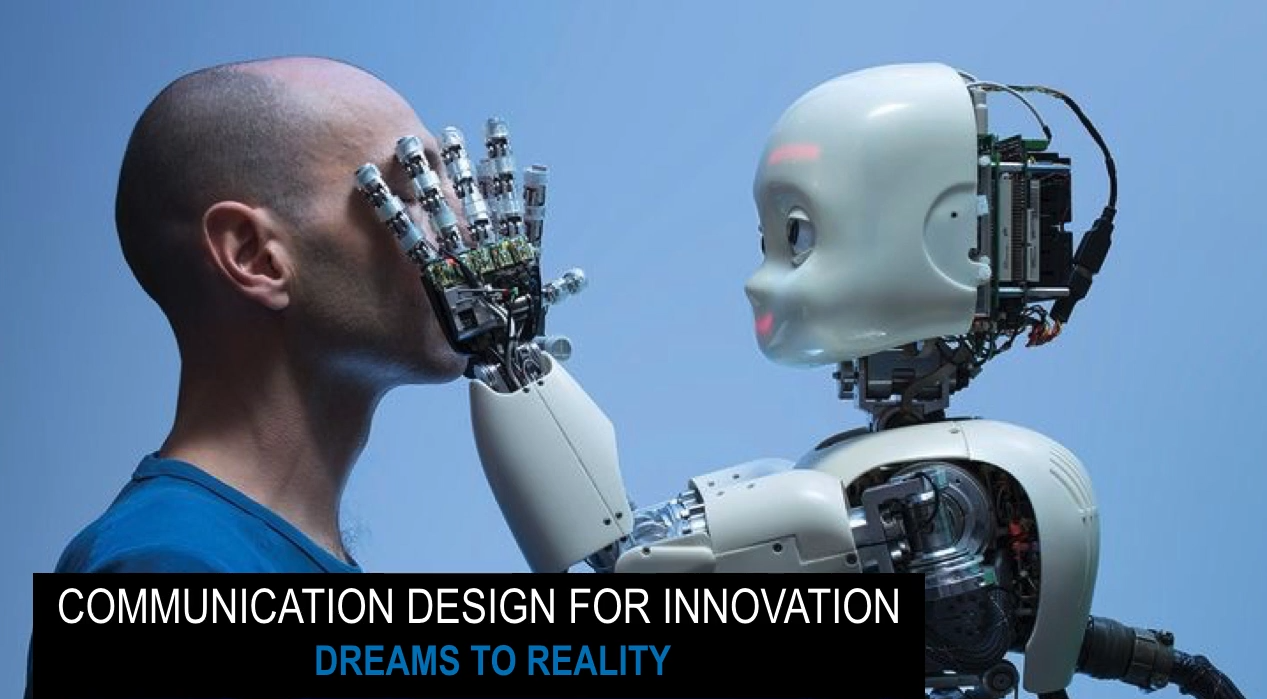Studying Communication Design for Innovation (CDI)
Do you want to work at the heart of technological and societal transitions, whether large or small, and help find solutions to social issues? Combine technological and scientific insight with ‘the art of human collaboration’ in the minor or master programme in Communication Design for Innovation (CDI). This is the first scientific communication programme that looks at communication from an engineering perspective.
Transitions in the area of Life Sciences & Health, Energy Transition & Urbanism and Digital Future call for intensive collaboration between stakeholders in a range of different sectors, modes of thought, and disciplines. It is not a simple matter.
CDI teaches you how to bridge these differences. With the help of up-to-date communication theories, you will design new processes, instruments, and training courses. These will foster the creation of new connections and enable people to learn to adapt to a constantly changing environment. In this way, we can improve and facilitate important innovation processes. You immediately learn how this works in practice through our C-Lab.
The curriculum supports you in first understanding the fundamentals of science communication and collaboration. Then the curriculum slowly but certainly moves up to how communication and collaboration is intertwined in the complex daily reality of innovation processes. Through real life cases together with real life professionals, you will learn how engineers, policy makers, business developers and citizens can learn together to become a collaborative and adaptive community. You will be able to design such a community and its supportive tools. Next to a clear idea about your own adaptive professional development, important skills in which the curriculum supports you are: story writing, visual thinking, co-design and advising.
See the movie for an impression.
The Science Communication track can be followed as a two-year single MSc degree track, a three-year double MSc degree track, or a one-year track if you have already completed another MSc programme. We also provide PhD and Post-Academic education.
